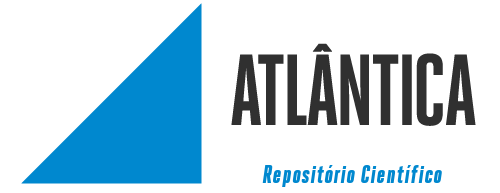Please use this identifier to cite or link to this item:
http://hdl.handle.net/10884/1408| Title: | Protective effects of melatonin against oxidative damage induced by Egyptian cobra (Naja haje) crude venom in rats |
| Authors: | Abdel Moneim, Ahmed Ortiz, Francisco Leonardo-Mendonça, Roberto Carlos Vergano-Villodres, Roberto Guerrero-Martínez, José António López, Luis Carlos Acuña-Castroviejo, Darío Escames, Germaine |
| Issue Date: | Mar-2015 |
| Publisher: | Acta Tropica |
| Abstract: | Naja haje envenomation is one of the leading causes of death due to snakebite. Antiserum therapy sometimes fails to provide enough protection against venom toxicity. In this study, we investigated the protective effects of melatonin against N. haje venom in rats. The animals were injected with venom (0.25mg/kg) and/or melatonin (10mg/kg) and compared with vehicle-treated rats. There was oxidative/nitrosative damage and apoptosis in the liver, heart, and kidneys of venom-injected rats. Melatonin counteracted the increased lipoperoxidation and nitric oxide, prevented decreased glutathione peroxidase and reductase activity, reduced the glutathione disulfide/glutathione (GSSG/GSH) ratio, and maintained the GSH pool. Furthermore, melatonin administration was associated with a reduction of apoptosis, which was increased in venom-injected rats. Overall, these results suggest that melatonin mitigates oxidative/nitrosative stress in venom-induced cardio-hepato-renal injury in rats. Our results suggest that melatonin treatment may ameliorate some of the effects of N. haje envenomation. |
| URI: | http://hdl.handle.net/10884/1408 |
| Appears in Collections: | CS/CN - Artigos |
Files in This Item:
| File | Description | Size | Format | |
|---|---|---|---|---|
| Protective effects of melatonin against oxidative damage induced by Egyptian cobra.pdf | 1.63 MB | Adobe PDF | View/Open |
Items in DSpace are protected by copyright, with all rights reserved, unless otherwise indicated.
